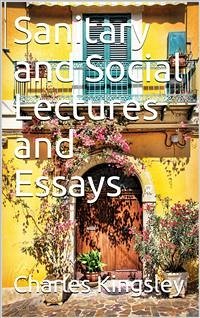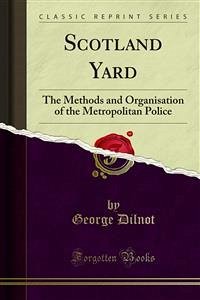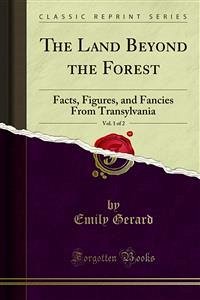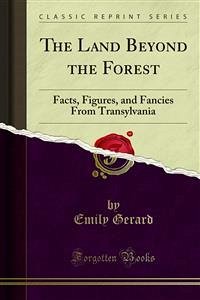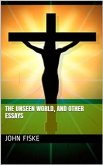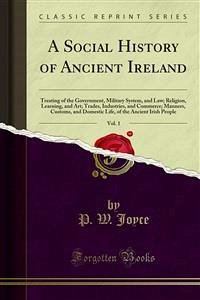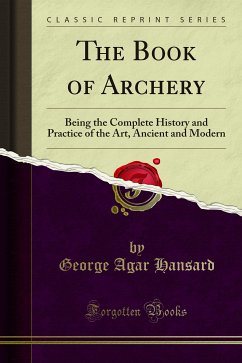Contents
Woman's work in a country parish -- The science of health -- The two breaths -- Thrift -- Nausicaa in London; or, the lower education of women -- The air-mothers -- The tree of knowledge -- Great cities and their influence for good and evil -- Heroism -- The massacre of the innocents -- "A mad world, my masters."
A passage from the book...
I have been asked to speak a few words to you on a lady's work in a country parish. I shall confine myself rather to principles than to details; and the first principle which I would impress on you is, that we must all be just before we are generous. I must, indeed, speak plainly on this point. A woman's first duties are to her own family, her own servants. Be not deceived: if anyone cannot rule her own household, she cannot rule the Church of God. If anyone cannot sympathise with the servants with whom she is in contact all day long, she will not really sympathise with the poor whom she sees once a week. I know the temptation not to believe this is very great. It seems so much easier to women to do something for the poor, than for their own ladies' maids, and house-maids, and cooks. And why? Because they can treat the poor as THINGS: but they MUST treat their servants as persons. A lady can go into a poor cottage, lay down the law to the inhabitants, reprove them for sins to which she has never been tempted; tell them how to set things right, which, if she had the doing of them, I fear she would do even more confusedly and slovenly than they. She can give them a tract, as she might a pill;
Woman's work in a country parish -- The science of health -- The two breaths -- Thrift -- Nausicaa in London; or, the lower education of women -- The air-mothers -- The tree of knowledge -- Great cities and their influence for good and evil -- Heroism -- The massacre of the innocents -- "A mad world, my masters."
A passage from the book...
I have been asked to speak a few words to you on a lady's work in a country parish. I shall confine myself rather to principles than to details; and the first principle which I would impress on you is, that we must all be just before we are generous. I must, indeed, speak plainly on this point. A woman's first duties are to her own family, her own servants. Be not deceived: if anyone cannot rule her own household, she cannot rule the Church of God. If anyone cannot sympathise with the servants with whom she is in contact all day long, she will not really sympathise with the poor whom she sees once a week. I know the temptation not to believe this is very great. It seems so much easier to women to do something for the poor, than for their own ladies' maids, and house-maids, and cooks. And why? Because they can treat the poor as THINGS: but they MUST treat their servants as persons. A lady can go into a poor cottage, lay down the law to the inhabitants, reprove them for sins to which she has never been tempted; tell them how to set things right, which, if she had the doing of them, I fear she would do even more confusedly and slovenly than they. She can give them a tract, as she might a pill;

